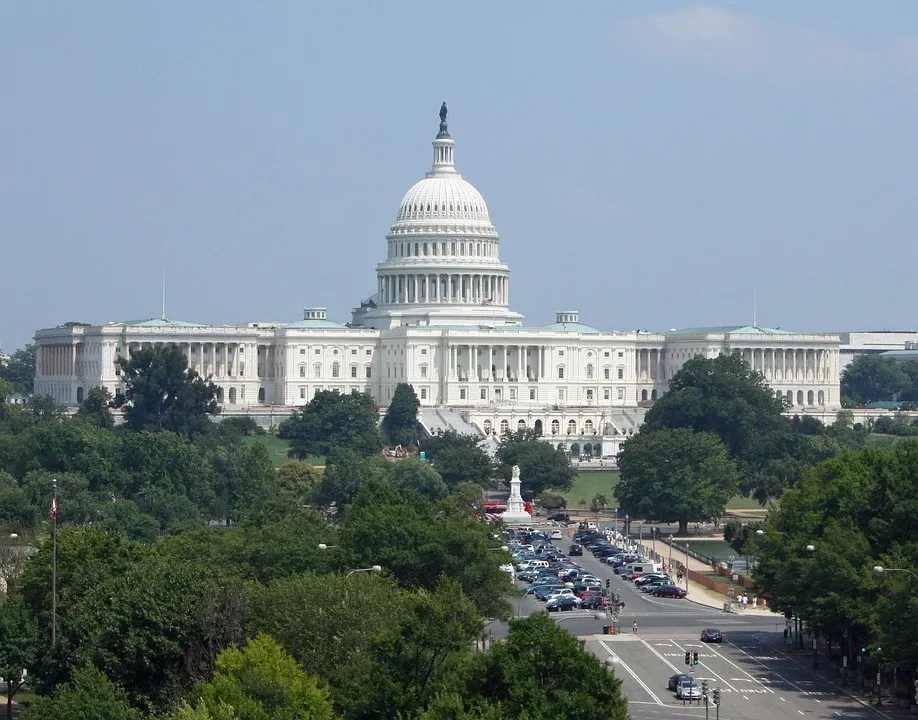
In a notable shift in international relations, former U.S. President Donald Trump suggested reopening trade negotiations with Canada following a meeting with Canadian Prime Minister Justin Trudeau. Trump’s remarks come amid his renewed focus on combating the opioid crisis in the United States, which he attributes to drug cartels and the inflow of fentanyl from China.
The meeting between the two leaders signals a potential thaw in trade discussions, which have been tense in recent years. “I made it very clear that the United States will no longer sit idly by as our citizens become victims to the scourge of this drug epidemic,” Trump asserted, emphasizing the urgency of tackling the crisis.
A Strategic Meeting in Washington, D.C.
The meeting occurred in Washington, D.C., on November 29, 2024, marking a significant moment in North American diplomacy. The timing of this dialogue is crucial as both nations face economic and social challenges. The discussion reportedly focused on the fentanyl crisis, a significant concern for the U.S., and the potential for renewed trade agreements. The backdrop of this meeting is a complex geopolitical landscape, with both leaders navigating their respective domestic pressures while seeking common ground on pressing issues.
Renewed Focus on Trade Relations
The conversation between Trump and Trudeau hinted at a possible re-evaluation of trade policies between the U.S. and Canada. Trade relations have been strained since previous negotiations under Trump’s administration, which saw tariffs and stringent trade terms. However, with a common goal of addressing the drug crisis and strengthening economic ties, both leaders appear willing to revisit and possibly revise earlier agreements.

Trade experts suggest that this renewed dialogue could lead to more balanced trade terms, benefiting both economies. “It’s a delicate dance,” noted trade analyst Sarah Blackwood. “Both countries stand to gain from a stable trading relationship, especially in a post-pandemic world where economic recovery is paramount.”
The Fentanyl Crisis: A Cross-Border Challenge
The fentanyl crisis remains a critical issue for the United States, with Trump vocal about its devastating impact. The synthetic opioid has been linked to thousands of overdose deaths across the country, prompting urgent calls for international cooperation to curb its spread. Trump’s meeting with Trudeau underscores the need for a coordinated effort to tackle this public health emergency.
Prime Minister Trudeau expressed his commitment to supporting the U.S. in its fight against drug cartels, emphasizing the importance of cross-border collaboration. “This is not just an American issue; it’s a global challenge,” Trudeau stated. “Canada is ready to work with our neighbors to address this crisis head-on.”
Economic Implications of New Tariff Threats
In a related move, Trump has issued a stark warning to the BRICS nations, threatening 100% tariffs in response to their attempts to shift away from the U.S. dollar. The BRICS countries—Brazil, Russia, India, China, and South Africa—have been exploring alternatives to the dollar, a move Trump sees as a threat to American economic dominance.
“The idea that the BRICS countries are trying to move away from the dollar while we stand by and watch is over,” Trump declared. This aggressive stance could significantly affect global trade, potentially disrupting international markets and economic alliances.
Navigating a Complex Geopolitical Landscape
Trump’s dual focus on renegotiating trade with Canada and confronting the BRICS nations reflects a strategic approach to maintaining U.S. influence on the global stage. His actions highlight the complexity of modern geopolitics, where economic interests, public health crises, and international diplomacy intersect.
Political analysts argue that Trump’s recent moves are part of a broader strategy to reassert American leadership. By addressing the fentanyl crisis and challenging economic rivals, Trump aims to solidify the U.S.’s position as a global powerhouse.
Forward-Looking Insights
As Trump navigates these challenging international waters, the outcomes of his diplomatic efforts remain uncertain. The potential for renewed trade agreements with Canada and the looming threat of tariffs on BRICS nations could reshape global economic dynamics. The success of these initiatives will largely depend on the ability of leaders to find common ground and prioritize shared interests.
The world watches closely as these developments unfold, aware that today’s decisions will impact international relations and economic stability. Trump and Trudeau’s collaboration on the fentanyl crisis could serve as a model for future cross-border partnerships. At the same time, the tariff threats underscore the complexities of maintaining economic hegemony in an increasingly multipolar world.

Carl Riedel is an experienced writer focused on using Open Source Intelligence (OSINT) to produce insightful articles. Passionate about free speech, he leverages OSINT to delve into public data, crafting stories that illuminate underreported issues, enriching public discourse with perspectives often overlooked by mainstream media.






